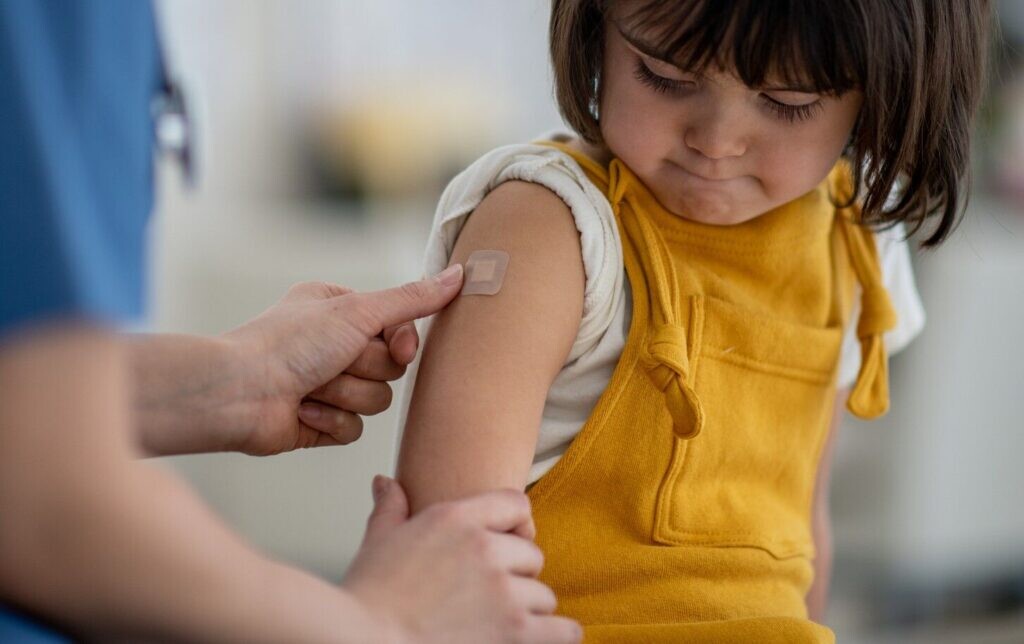The UK Health Security Agency (UKHSA) is calling on parents to ensure children are up to date with their measles, mumps and rubella (MMR) vaccinations, as latest figures show a continued increase in measles cases across England.
Since January, there have been 674 laboratory-confirmed measles cases, with 145 additional cases reported since the beginning of July.
Related Article: Funding announced to pilot NHS weight loss treatments in pharmacies
Nearly half (48%) of cases have been in London, with further significant numbers in the North West (16%) and East of England (10%). Most cases continue to be in children under 10 years of age.
Measles activity has increased since April 2025, and UKHSA said it is continuing to monitor the public health risk and work with local partners.
Concerns remain that summer travel and family visits abroad could further drive cases, particularly with Europe experiencing its highest number of measles cases in 25 years.
Related Article: Warning to public over tick bites this summer
Dr Amanda Doyle, national director for primary care and community services at NHS England, said: ‘Vaccination is the best protection against measles, which is highly contagious and can cause serious health problems.
‘While the NHS delivered tens of thousands of additional MMR vaccinations last year, too many eligible children remain unvaccinated, and we are working with local authorities and the UKHSA to reach more youngsters, with enhanced vaccination offers in areas with higher cases, including vaccination buses and community catch-up sessions.’
Related Article: Optimising heart failure reviews: practical tips for primary care pharmacists
The first MMR vaccine is offered to infants at one year of age, with the second dose given at around three years and four months.
Two doses of MMR vaccine provide protection for around 99% of people against measles and rubella. Mumps protection is slightly lower, but cases in vaccinated individuals are generally much less severe.


Have your say
Please add your comment in the box below. You can include links, but HTML is not permitted. Please note that comments are not moderated before publication and the views expressed are those of the user and do not reflect the views of The Pharmacist. Remember that submission of comments is governed by our Terms and Conditions. You can also read our full guidelines on article comments here – but please be aware that you are legally liable for any libellous or offensive comments that you make. If you have a complaint about a comment or are concerned that a comment breaches our terms and conditions, please use the ‘Report this comment’ function to alert our web team.